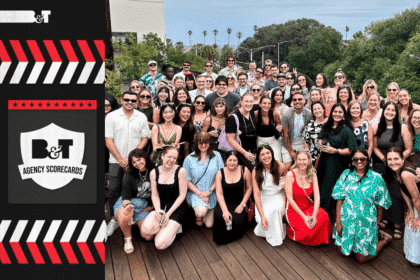Online articles bylined by female journos snag a larger number of sordid comments than those published by men, a new study from The Guardian has found.
While the global publisher notes it’s long what they’ve suspected, it’s not a comforting finding.
The study looked at 70 million comments on its articles from 1999 to 2016 and found, regardless of the subject matter, eight women and two black men were the top ten most abused online of the publication’s writers. Of that pool, four women were white, four were non-white and two women and one man was gay.
In contrast, the top ten most least abused were white men.
“Although the majority of our regular opinion writers are white men, we found that those who experienced the highest levels of abuse and dismissive trolling were not,” The Guardian said.
The Guardian said it doesn’t receive overtly abusive threats like death or rape, but regularly sees comments that are xenophobic, sexist, racist and homophobic.
Yes, the publisher adhered to the suggestion ‘just don’t read the comments’, but it’s easier said than done. Too, it said many comments align within the comment guidelines and are constructive and interesting – only two per cent are blocked or deleted.
“In so many cases journalism is enriched by responses from its readers. So why disable all comments when only a small minority is a problem?
“At The Guardian, we felt it was high time to examine the problem rather than turn away.”
“Imagine going to work every day and walking through a gauntlet of 100 people saying ‘You’re stupid’, ‘You’re terrible’, ‘You suck’, ‘I can’t believe you get paid for this’,” said Guardian writer Jessica Valenti.
“It’s a terrible way to go to work.”
The Guardian doesn’t have all the answers, and is asking its readers to contribute to the solution. But the findings demonstrate a morbid viewpoint.
And a stand against online trolls is an initiative many companies are taking. A few years ago it wasn’t seen as such a big deal, said The Guardian, but it’s debilitating for those on the receiving end and is now garnering the attention and concern it deserves.
“In addition to the psychological and professional harm online abuse and harassment can cause to individuals, there are social harms, too,” it said.
“Recent research by the Pew Centre found that not only had 40 per cent of adults experienced harassment online but 73 per cent had witnessed others being harassed.
“This must surely have a chilling effect, silencing people who might otherwise contribute to public debates – particularly women, LGBT people and people from racial or religious minorities, who see others like themselves being racially and sexually abused.”
Comments aren’t also contained to the comment thread. They appear across social media too, said The Guardian, to the point where the receiver feels like the perpetrators are in every facet of their lives.
“Is that the kind of culture we want to live in?” asked The Guardian.
“Is that the web we want?”
Read The Guardian’s full study here.








